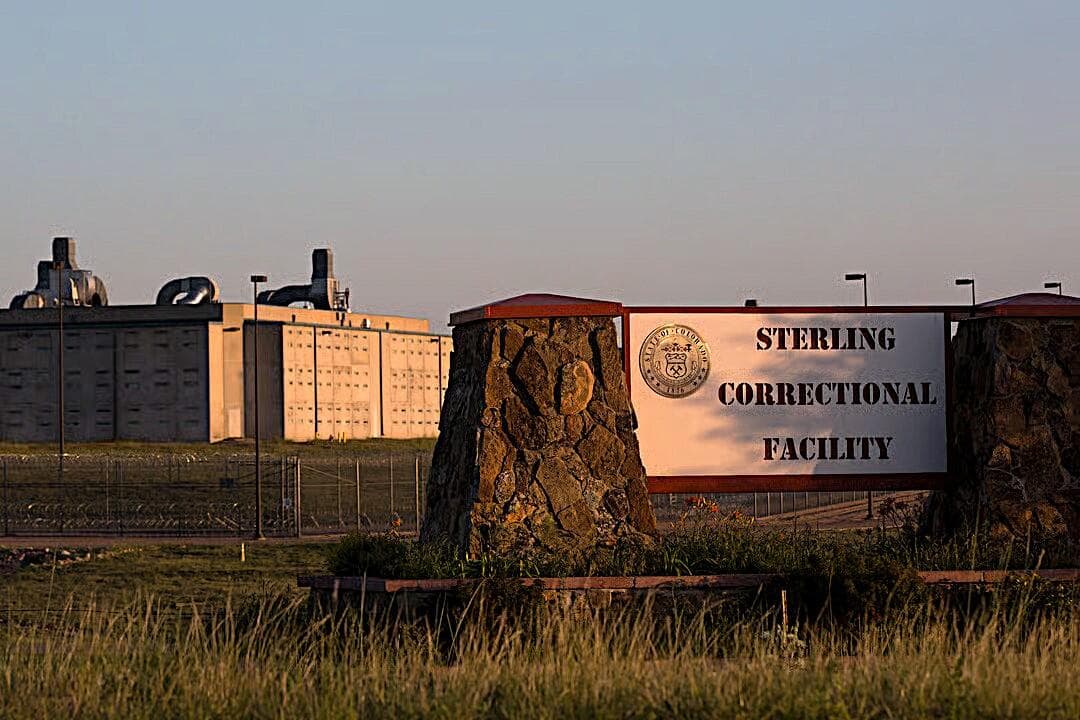
Colorado regulators approved a preliminary plan to allow more than 150 new oil and gas wells east of Aurora on Wednesday, clearing a path for a project opponents fear could contaminate a local drinking water reservoir and further degrade Front Range air quality.
The Colorado Energy and Carbon Management Commissions voted 3 to 1 to approve the Lowry Ranch Comprehensive Area Plan, a proposal from Crestone — a subsidiary of Denver-based Civitas Resources — to develop up to 11 drilling sites spread across 50 square miles in Arapahoe County.
“Without a doubt, it’s the wrong decision for the health, safety and environment of our community,” said Marsha Goldsmith Kamin, the president of Save The Aurora Reservoir, a local advocacy group fighting the project.
State regulators, however, only allowed the project to move forward if the company uses electric drilling rigs and equipment at all of its proposed drilling sites. Massive gas- and diesel-powered engines have long served as the standard power source for drilling and hydraulic fracturing operations. By requiring a shift to electricity, state regulators aim to mitigate noise and prevent new sources of smog-forming pollution along Colorado’s Front Range, which has failed to comply with federal air quality standards for more than two decades.
The proposed project is also a major test for Colorado’s recently revised oil and gas regulatory process. After years of fierce battles over drilling and hydraulic fracturing, a law signed by Gov. Jared Polis in 2019 gave local communities greater control over new drilling and required state regulators to consider the broad public health and environmental impacts of development proposals.
A first step under the overhauled system requires developers to submit comprehensive area plans — or CAPs — to state regulators. By signing off on the plan from Civitas, Colorado cleared a path for oil and gas development across the area for the next six years. The company, however, must still win approval for each drilling site from the state and Arapahoe County.
Fossil fuel development could mark a new chapter for an area flanking Metro Denver’s farthest-reaching subdivisions. After serving as a military gunnery range and housing four ICBM missiles, the Colorado State Land Board bought the expanse of prairie from the federal government in the 1960s. It now borders a former landfill identified as a Superfund site and Aurora Reservoir, a popular recreation site and a major water source for the City of Aurora and its growing subdivisions.
Residents are concerned fracking projects could disturb the Superfund site and contaminate the water resources. In response, Civitas has agreed not to drill any horizontal wells under the landfill site.
While Kamin is glad regulators will require all-electric equipment, she said regulators haven’t adequately addressed concerns about water quality. Congressman Jason Crow, who represents Aurora, has also asked the U.S. Environmental Protection Agency if it's studied whether fracking could increase the risk of pollution contained at the landfill site from reaching the reservoir.
“We’re not giving up. We’re going to continue to address every single one of these wells, especially the pads that are closest to the community, Kamin said.
Local activists have earned support from major environmental groups. After the approval, Ben Jealous, the executive director of the Sierra Club, released a statement saying his organization was “disappointed to see Colorado regulators side with a billion-dollar company, dismissing the residents who rely on a clean, protected Aurora Reservoir.”
Meanwhile, Kait Schwartz, the director of the American Petroleum Institute, said the approval shows Colorado remains “open for business” despite its recent push for tougher oil and gas regulations.
“This application and decision should serve as a model for addressing future projects, and we look forward to ongoing cooperation with state agencies, stakeholders, and the public to ensure we operate responsibly and comply with our state’s increasingly ambitious standards,” Schwartz said in a statement.









